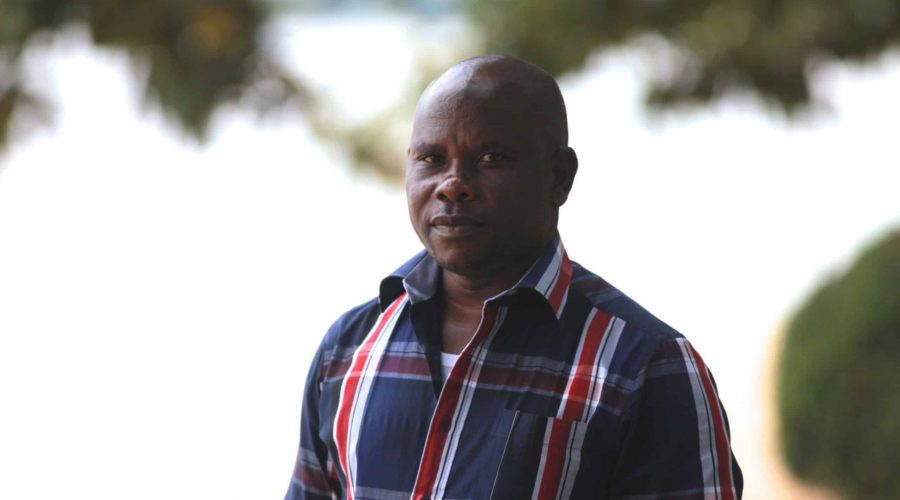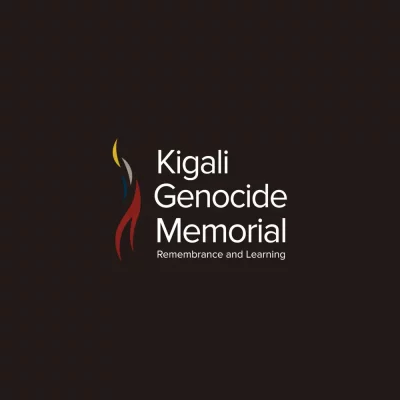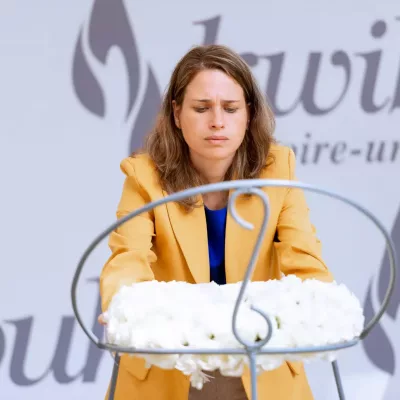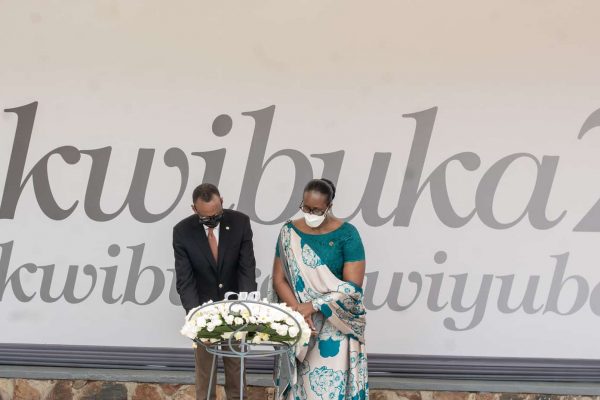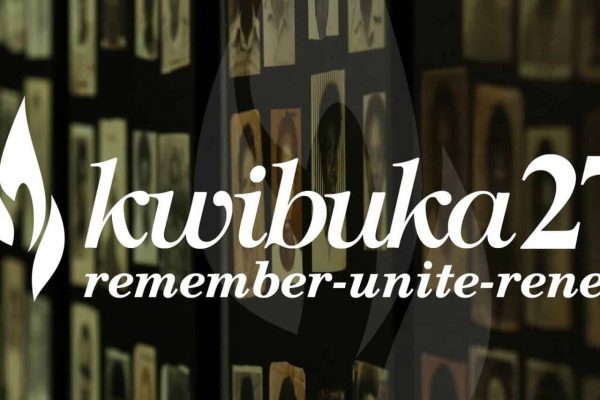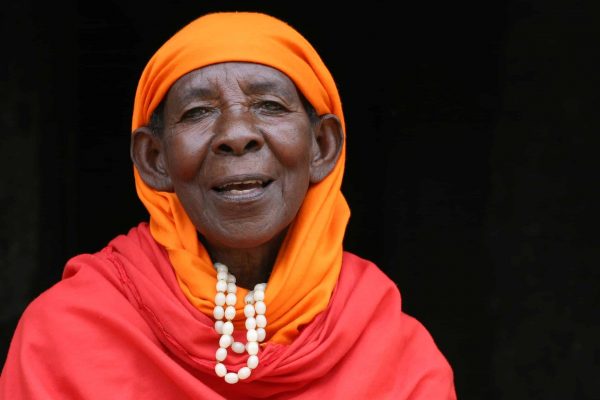During the 1994 Genocide against the Tutsis, Yussuf Ntamuhanga’s car became a lifeline. He rescued several people by ensuring their safe arrival in the DRC, working with immigration officers, bribing policemen, driving people hidden in his car, and navigating difficult roadblocks. It was the end of the world.
This was the only point of comparison for Yussuf Ntamuhanga as he described the killings and looting that commenced after the crash of President Habyarimana’s plane. And as the world fell, Yussuf guided as many people as he could to the salvation of escape.
The very morning after the plane crash, he was joined by a neighbour’s wife and children, and soon after by Marie Anne, a recently widowed woman who was about to be killed. He hid her carefully in the corners of a house he was constructing, and the children in a room. Knowing her family connections, he talked the killers out of their murderous intentions and drove her to the DRC, ensuring a safe arrival for her and her children.
Another woman approached him for help after failing to order her documents for immigration. He drove her to the main headquarters of the prefecture and, with the help of immigration officers, attained documents to send her to the DRC, taking her over the border himself.
From there, his rescues began to snowball. Discovering that this woman’s husband was being hunted, Yussuf found the man and, with much prayer, hid him in his car, picked up another family member who was a Catholic priest, and drove them both to the DRC. From the priest, he learned of a boy staying in the convent, injured after escaping the militias who had kidnapped him. At the request of the priest, Yussuf devised a plan for another trip to rescue this young man.
With the help of his colleagues, he hid the man in one of many empty fuel cans in his car. But roadblocks were to rob them of their hoped for safety. Expressing out loud his suspicion that someone was hiding in the cans, a member of the militia generated such fear in the youth that the cans trembled as he did. Despite Yussuf’s pleas and cries, the youth was taken away, a story that Yussuf shows pain in recounting even many years later.
It is the story of two young girls that particularly touched and challenged him. He learned of their impending death when they sent a letter to Yussuf through a young man requesting milk and chapatis. Though he initially feared a trick, he discovered that after their parents were killed, the children were scattered, though they retained hope based on their own survival, placing faith in Yussuf and his ability to help.
He sent his prayers to God and made his way to customs to ask the Congolese policemen for help guiding them across the border, claiming them to be his sister-in-laws and receiving promises of help should they be able to make it past the Interahamwe. Though the road blocks challenged him more than ever before, through talk and bribes, he succeeded in passing through even the worst of them.
Yet as always, Yussuf never left his rescues unfinished. He took all the responsibility he could to verify holistic, positive safety for those in his care. The morning after the girls made it to the DRC, he joined them to discover that they lacked the resources to survive on their own, and he offered up all he could to aid them. Yussuf values always the service of others, and he serves them to whatever degree they need, with a truly holistic empathy and care.
“Kindness is very crucial; being mean is meaningless,” he concludes. “All of us should be real Rwandans.”

